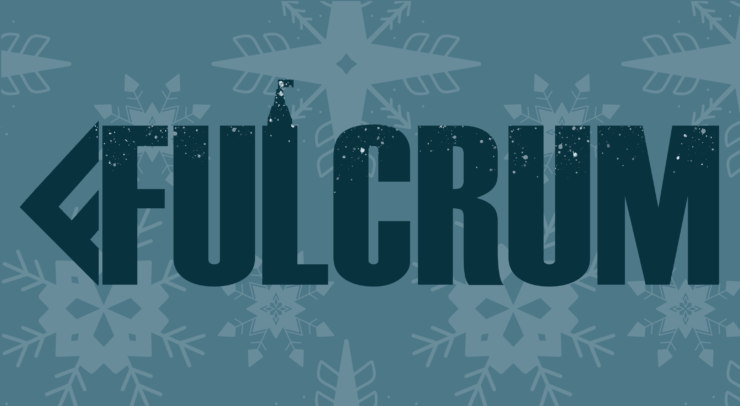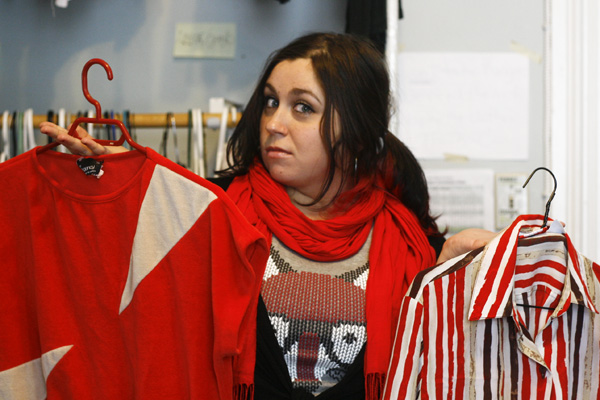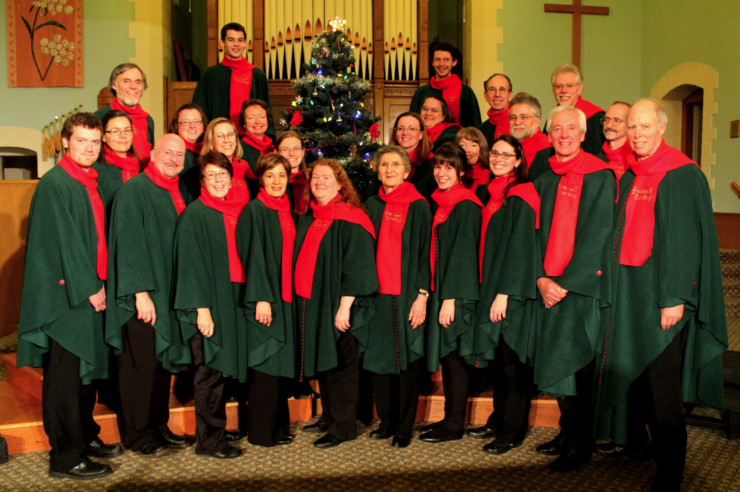Which would you rather have in your home?
As the Christmas holiday season draws nearer and people bring out their cards to begin their holiday shopping, observers of the holiday divide into two distinct groups: people who bring in real trees from Christmas tree farms and people who bring out their artificial trees from their storage spaces.
The corner of this debate presided over by the lovers of real Christmas trees. They believe that the traditions of Christmas must be kept alive. They grew up with real Christmas trees, their kids grew up with real Christmas trees and their grandkids will grow up with real Christmas trees. It is so bad that a real Christmas tree lover will refuse to date anyone who uses an artificial tree!
While the last paragraph is untrue, it is accurate to say that shopping for a real Christmas tree at a Christmas tree farm is a part of the holiday experience for some families. Going to the lot, selecting a tree, bringing it home, and having the house enveloped with the woody fragrance of the tree all season long is as important to the holiday as the gift-exchanging for some families.
Besides the sentimental value and memories associated with having a real tree for the holidays, there are also practical benefits. Real trees are more environmentally friendly and the Christmas tree industry provides thousands of Canadians with jobs. Moreover, these trees can be recycled after the season — planting them in your back yard, or turning them to mulch are but a few ways you can recycle your tree after the holidays. An additional bonus is that a real tree ties nicely into the idyllic Christmas vision for your holiday videos and photographs.
However, the picturesque scene comes at a cost. Real Christmas trees require constant maintenance: vacuuming pines, cleaning up tree sap, trimming branches and constant watering. Even worse, purchasing real trees for indoor use always has the risk of inviting fungi, mould or pests into your home. Finding bugs or getting house mould in the middle of the holidays is a surefire way to ruin the festive season. Nevertheless, a pest invasion can be prevented with a thorough tree cleaning before bringing it into your house.
In the other corner of the debate, lies the artificial Christmas tree camp. For this group of people, comfort and convenience is the name of the game. Artificial Christmas trees are preferred by some people for reasons like long-term affordability, allergies and convenience. Unlike real Christmas trees, artificial ones are easy to put up, take down and store. Moreover, they can be reused for multiple years, are pet-safe, hypoallergenic and do not require constant maintenance throughout the holiday period. This method is perfect for people who want a traditional Christmas feel to their home without the added stress.
However, there are issues associated with artificial trees. The plastic used in making them, polyvinyl chloride (PVC), are non-biodegradable and are made from hazardous items that may be harmful to people. This means that artificial trees are made from material that can be toxic and, once discarded, remain in landfills forever.
In all this debate, there is a hidden third group that does not want to put up Christmas trees at all … and for good reason. While artificial trees are more cost-effective in the long run because they can be reused for years, they are a more expensive up-front buy. Moreover, both kinds of trees are fire hazards, bear the risk of being toxic to humans, and are an additional expense for the season.
All camps make valid arguments for their corners and it all boils down to the outcomes you want.
Are you interested in a holiday with the vibes of a Hallmark movie?
A real Christmas tree may be your best bet.
Do you want a homey Christmas feel without the additional stress?
You may want to consider an artificial tree.
Are you uncaring about this debate and just want to relax for the holidays? Maybe you are better off with no tree at all.
While the decision is not always this clear-cut depending on your personal preferences, it is a good starting point. All in all, while trees are important, they are not what the holiday is all about. So, enjoy your break and happy holidays from the Fulcrum publishing team!






